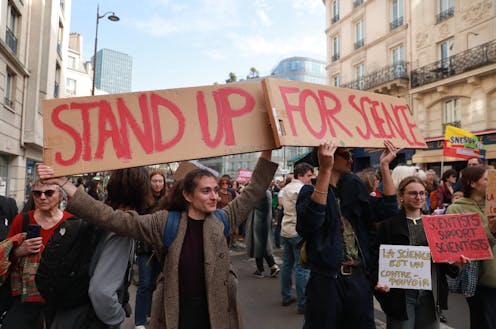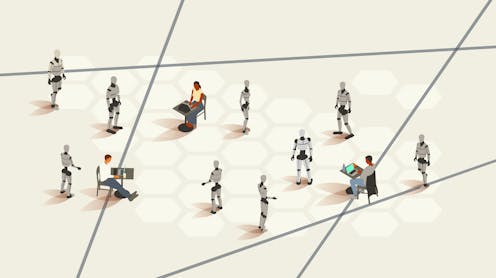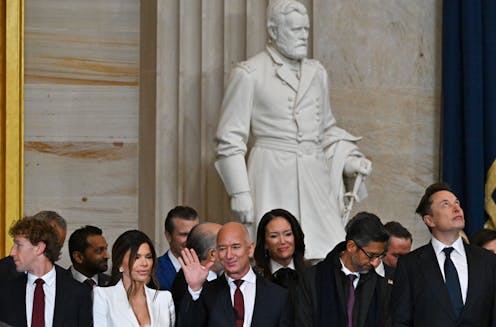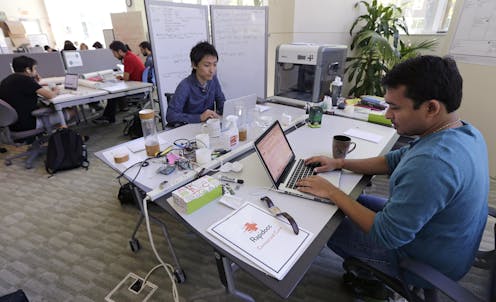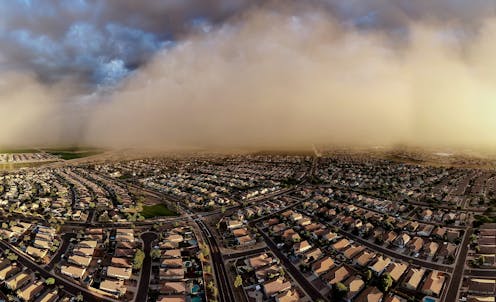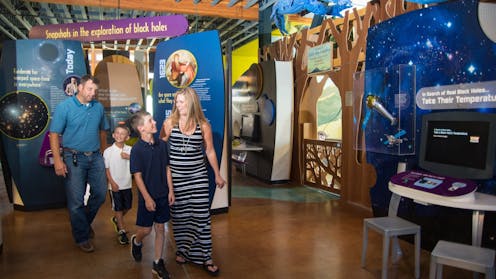Defending humanitarian aid in terms of national security obscures its real purpose
- Written by Chen Reis, Associate Clinical Professor, Director, Humanitarian Assistance Program, & Director, Human Rights MA, University of Denver
 A woman scoops up portions of wheat to be allocated to each waiting family after it was distributed in the Tigray region of northern Ethiopia in 2021.AP Photo/Ben Curtis
A woman scoops up portions of wheat to be allocated to each waiting family after it was distributed in the Tigray region of northern Ethiopia in 2021.AP Photo/Ben CurtisMore than 305 million people require lifesaving humanitarian aid today. Most of them live in areas wracked by conflict, such as Sudan, Gaza, Afghanistan and the Democratic Republic...
Read more: Defending humanitarian aid in terms of national security obscures its real purpose


